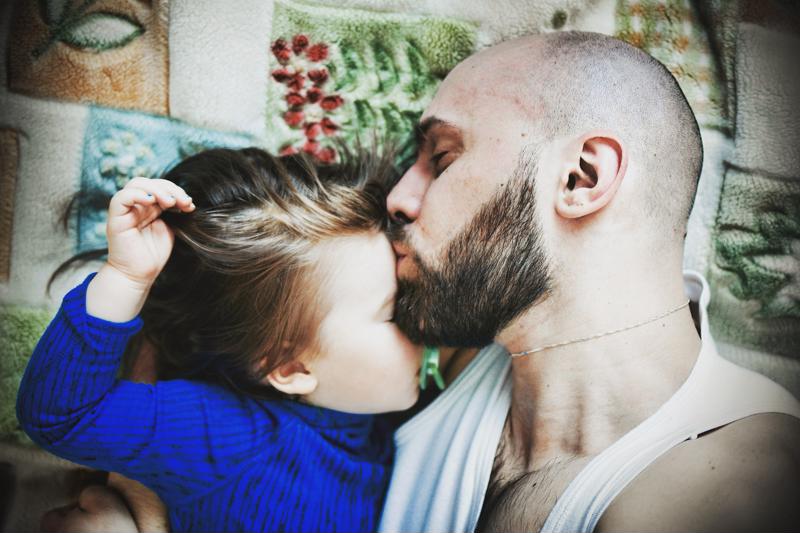Last month, President Obama signed into law legislation giving the Department of Veterans Affairs permission to cover in vitro fertilization treatments and the cost of adoption for former service members with combat-related fertility issues, The Washington Post reported.
"Our goal is to restore, to the greatest extent possible, the physical and mental capabilities of veterans with service-connected injuries. The provision of assisted reproductive technologies would do that," Walinda West, spokesperson for the VA, said in a statement to the newspaper. "It is important that we fully understand the needs of our veteran population, and fully incorporate the major scientific advances available today that can allow them to live a full life."

The Veterans Health Care Act, passed in 1992, prohibited the agency from covering IVF treatments, according to NPR. Proponents of the ban argued these procedures often involved the destruction of viable human embryos and therefore should not be paid for with federal funds.
In the years since, veterans with fertility issues have been forced to foot the bill for their own IVF procedures, which cost as much as $12,000 per cycle. Additionally, military families usually pay for multiple cycles, as most women must undergo several treatments before fertilization takes place, The Wall Street Journal reported.
Clinics offer discounts but, for most former service members, this simply isn't enough, leading many to give up on dreams of having children.
Army veteran Matt Keil and his wife Tracy nearly joined this group. In 2007, Keil was wounded in Iraq. A round from a sniper traveled through the his right shoulder and nicked his spine, leaving him paralyzed from the neck down. One year later, the couple decided they wanted to have children and needed IVF treatments to make it happen. They soon discovered that the VA could not cover the procedure.
"This is a direct result of a combat injury," Tracy Keil explained in an interview with NPR. "Don't tell me that his service wasn't good enough for us to have a chance at a family. Because we've already lost so much. I just want to have a family with the man that I love and please don't make this any worse than it already has to be."
Eventually, a local VFW branch located near their home in Parker, Colorado stepped in and helped raise money needed to cover the procedure. In November 2010, the couple welcomed twins.
Unfortunately, many veterans of the wars in Afghanistan and Iraq aren't so lucky. As of February 2016, an estimated 1,400 service members have returned home with injuries to their reproductive organs. An even larger number have come home with severe spinal injuries like Keil's. The Veterans Health Care Act essentially prevents many of these veterans from starting families.
The new law will hopefully give service members suffering from fertility issues the opportunity to have children. However, there are still roadblocks ahead. Though both houses of Congress passed the bill, it did not receive permanent funding. Additionally, the legislation does not actually repeal the Veterans Health Care Act. It only provides the VA with a workaround that allows it to earmark existing funds for IVF treatments and adoption services.
Proponents must still find long-term funding and ultimately remove the ban.
